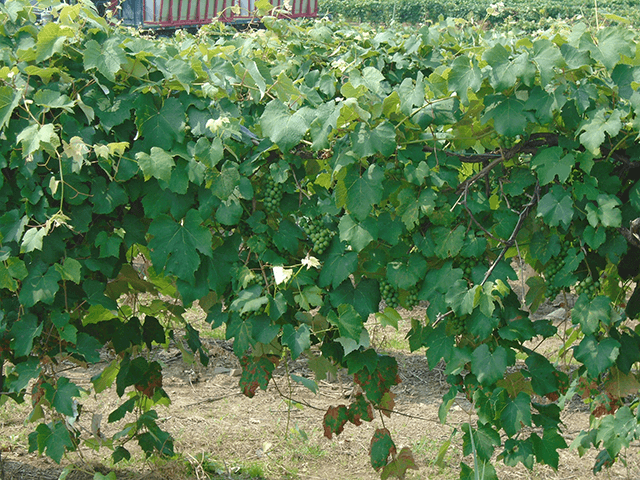
In this post we consider the importance of “Integral Ecology” with the addition of a “Eucharistic Ecology.” (See June 2024 post.) A crucial contribution Pope Francis makes to our understanding of God’s creation is his presentation of Integral Ecology. Chapter Four begins, “Since everything is closely interrelated, and today’s problems call for a vision capable of taking into account every aspect of the global crisis, I suggest that we now consider some elements of an integral ecology…” #137 We read in #66, “The creation accounts … suggest that human life is grounded in three fundamental and closely intertwined relationships: with God, with our neighbor and with the earth itself.” No part of creation can be understood and tended to in isolation.
We have considered Economic, Environmental, and Human Ecologies. What does a Eucharistic Ecology add to our understanding? A Eucharistic Ecology calls forth:
—A relational or communal expectation
—An awareness of and deep appreciation of “all as gift”
—A profound sense of gratitude which bursts out in praise
There are many ways to understand and experience this, if we are attentive. What’s happening around us as we celebrate Eucharist? What are we doing and saying? What are the relationships?
Eucharist is our relationship with the gifts – the fruits – of the land, worked by human hands. If laborers didn’t grow the wheat and make the bread, if laborers didn’t grow the grapes and make the wine, we would not have Mass. Humans have an integral participation in the Liturgy of the Eucharist.
With this bread and wine, we pray: “fruit of the earth (fruit of the vine), and work of human hands.” And, “Blessed are you, Lord God of all creation, for through your goodness we have received the bread (wine) we offer you.”
The gifts given to us by God to provide the bread and wine we give back to God. These gifts are then given back to us for nourishment – to share with all.
We are a significant part of the Eucharist. The people gathered share in this and become a community of believers, having been given the gift of faith from the Holy Spirit who resides within.
Throughout the liturgy we are attentive to the ancestry remembered, the prayers offered, the intentions named. They express relationship with those living and dead, with family, friends, and the stranger, with believers and those who are not, with the vulnerable in various needs. Liturgically we remember – that is, make present with us – our deceased loved ones as we celebrate with them their resurrected glory.
“Body of Christ.” Yes, it is.
The experience of realizing connection with all creation, with the Body of Christ, calls forth delight. Knowing gratitude for all that is gift of God bursts forth in praise. “Eucharist is the expression of praise par excellence,” writes theologian Lucas Briola.
Integral Ecology has been described as “a study in relationships.” The addition of a Eucharistic Ecology offers this added dimension of liturgy and praise into the interaction of the ecologies. Each is enriched by the others, all for the good of God’s creation.
Suggested actions:
1. Develop within yourself a grateful heart: Each evening make a list of all the gifts you have received this day.
2. Share something that nourishes you with someone who is hungry.
3. Offer your thanks to someone who seems to be in need of an encouraging word of praise.
